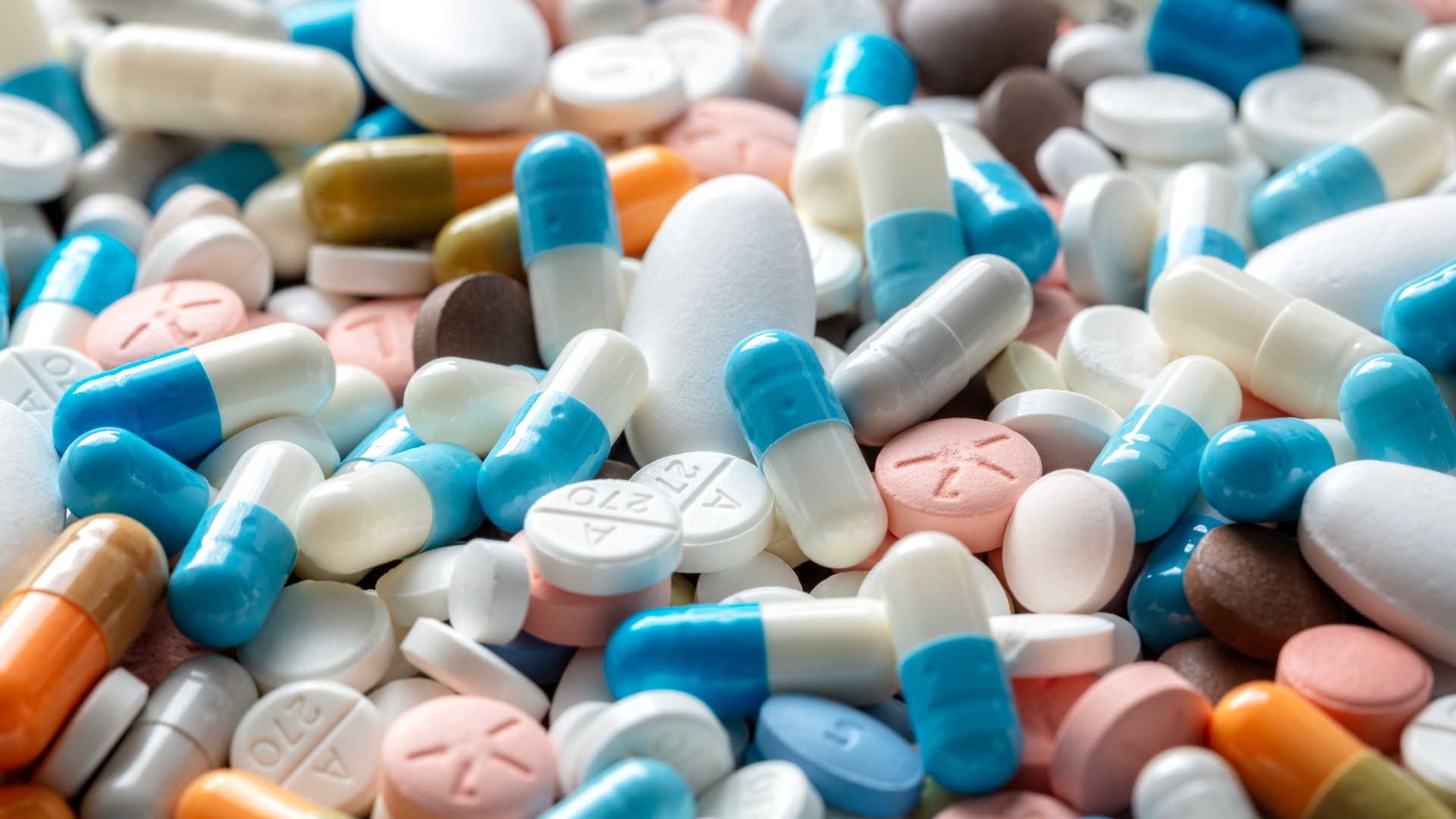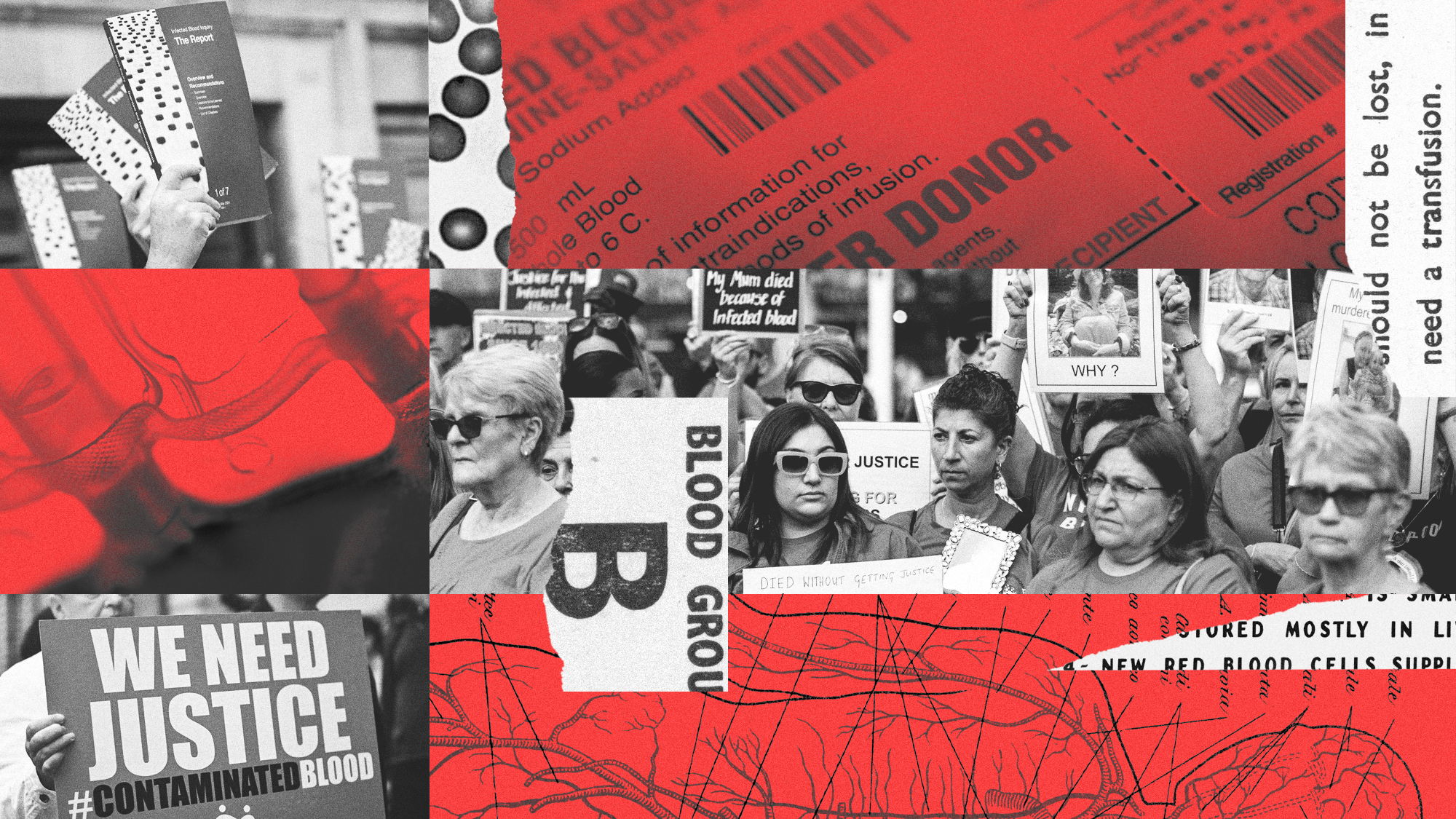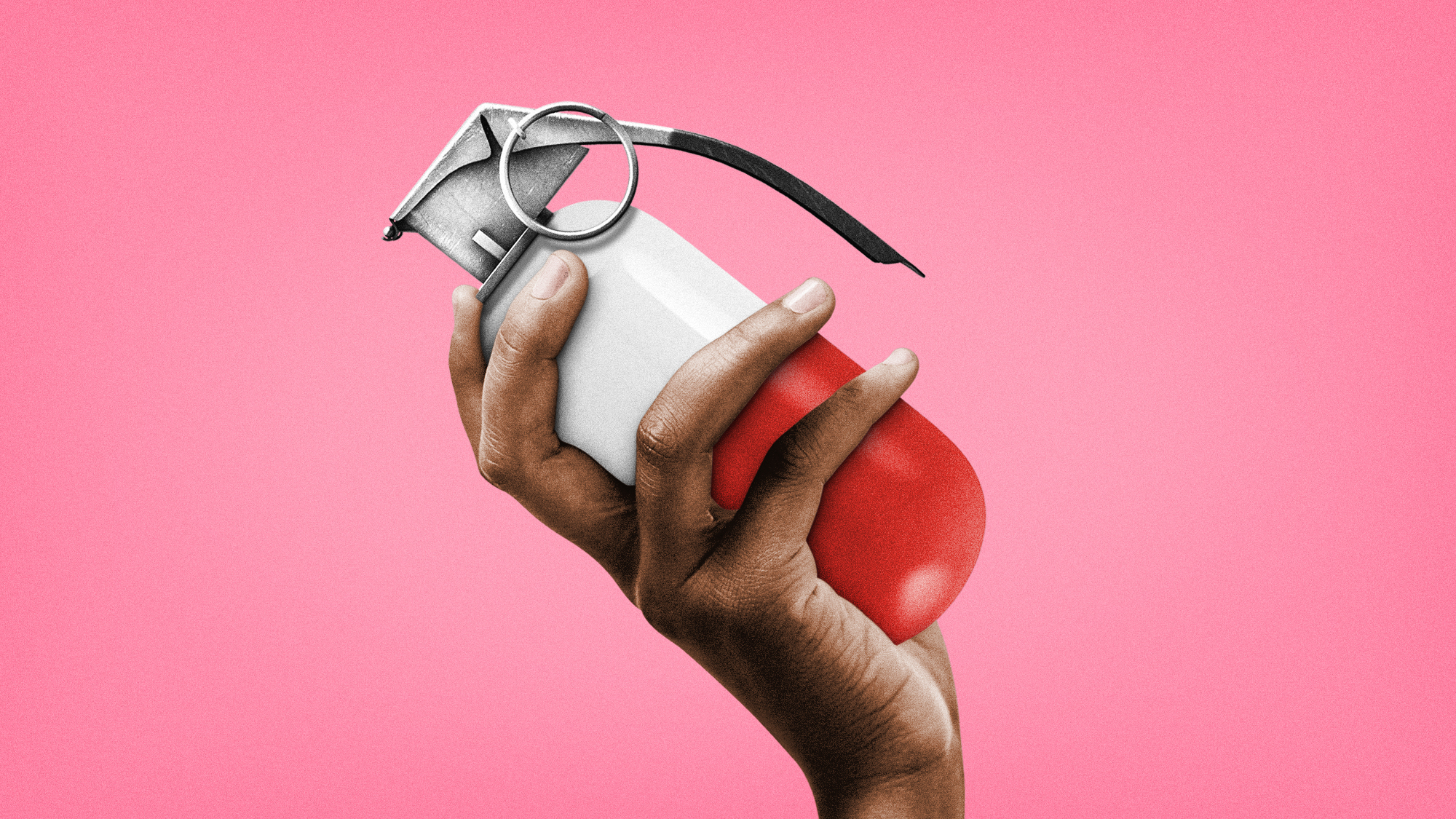Why the UK’s drug pricing scheme is under pressure
Eli Lilly says scheme effectively charges pharmaceutical firms ‘for our own success’

A free daily email with the biggest news stories of the day – and the best features from TheWeek.com
You are now subscribed
Your newsletter sign-up was successful
The head of pharmaceutical giant Eli Lilly has said the UK is “probably the worst country in Europe” for drug prices. Speaking to the Financial Times, Dave Ricks warned Britain would miss out on new drugs and investment if it did not raise prices and rethink the current rebate scheme.
How are prices set?
The Voluntary Scheme for Branded Medicines Pricing, Access and Growth, or VPAG, was created to keep NHS costs down. Running from 2024 to 2028, it sets a cap on what the health service pays for new medicines. If NHS spending exceeds this cap, drug companies must repay a percentage of sales revenue back to the government.
Why is this bad?
This year the rebate for newer branded drugs rose to almost 23% after NHS spending on the medicines grew much more than expected. Ricks said this “clawback scheme” effectively “charges us for our own success” and should be scrapped.
The result has been a pause to almost £2 billion in planned investments in the UK, with patients potentially missing out on new drugs, pharmaceuticals warn. In a possible sign of things to come, last month Eli Lilly raised the UK price of weight-loss drug Mounjaro by 170% for those who buy it privately.
The Week
Escape your echo chamber. Get the facts behind the news, plus analysis from multiple perspectives.

Sign up for The Week's Free Newsletters
From our morning news briefing to a weekly Good News Newsletter, get the best of The Week delivered directly to your inbox.
From our morning news briefing to a weekly Good News Newsletter, get the best of The Week delivered directly to your inbox.
What next?
Keir Starmer told the pharmaceutical industry in May that the UK would pay more for medicines in the future, following a commitment to “improve the overall environment for pharmaceutical companies” as part of a UK–US trade deal. However, negotiations over VPAG remain at an impasse.
A free daily email with the biggest news stories of the day – and the best features from TheWeek.com
-
 6 of the world’s most accessible destinations
6 of the world’s most accessible destinationsThe Week Recommends Experience all of Berlin, Singapore and Sydney
-
 How the FCC’s ‘equal time’ rule works
How the FCC’s ‘equal time’ rule worksIn the Spotlight The law is at the heart of the Colbert-CBS conflict
-
 What is the endgame in the DHS shutdown?
What is the endgame in the DHS shutdown?Today’s Big Question Democrats want to rein in ICE’s immigration crackdown
-
 How the care industry came to rely on migrant workers
How the care industry came to rely on migrant workersThe Explainer Government crackdown on recruiting workers abroad risks deepening care sector crisis, industry leaders warn
-
 Five years on: How Covid changed everything
Five years on: How Covid changed everythingFeature We seem to have collectively forgotten Covid’s horrors, but they have completely reshaped politics
-
 Cameroon bans reports on health of missing President Biya
Cameroon bans reports on health of missing President BiyaUnder the Radar Biya, 91, hasn't been seen in public in weeks, fuelling widespread speculation that he might be dead
-
 Infected blood scandal: will justice be served?
Infected blood scandal: will justice be served?Today's Big Question Government apologises for 'decades-long moral failure' and promises £10bn compensation but true accountability may take far longer
-
 OTC birth control arrives amid the battle over reproductive rights
OTC birth control arrives amid the battle over reproductive rightsTalking Points Opill will cost $19.99 a month. Democrats are pushing to make it cheaper.